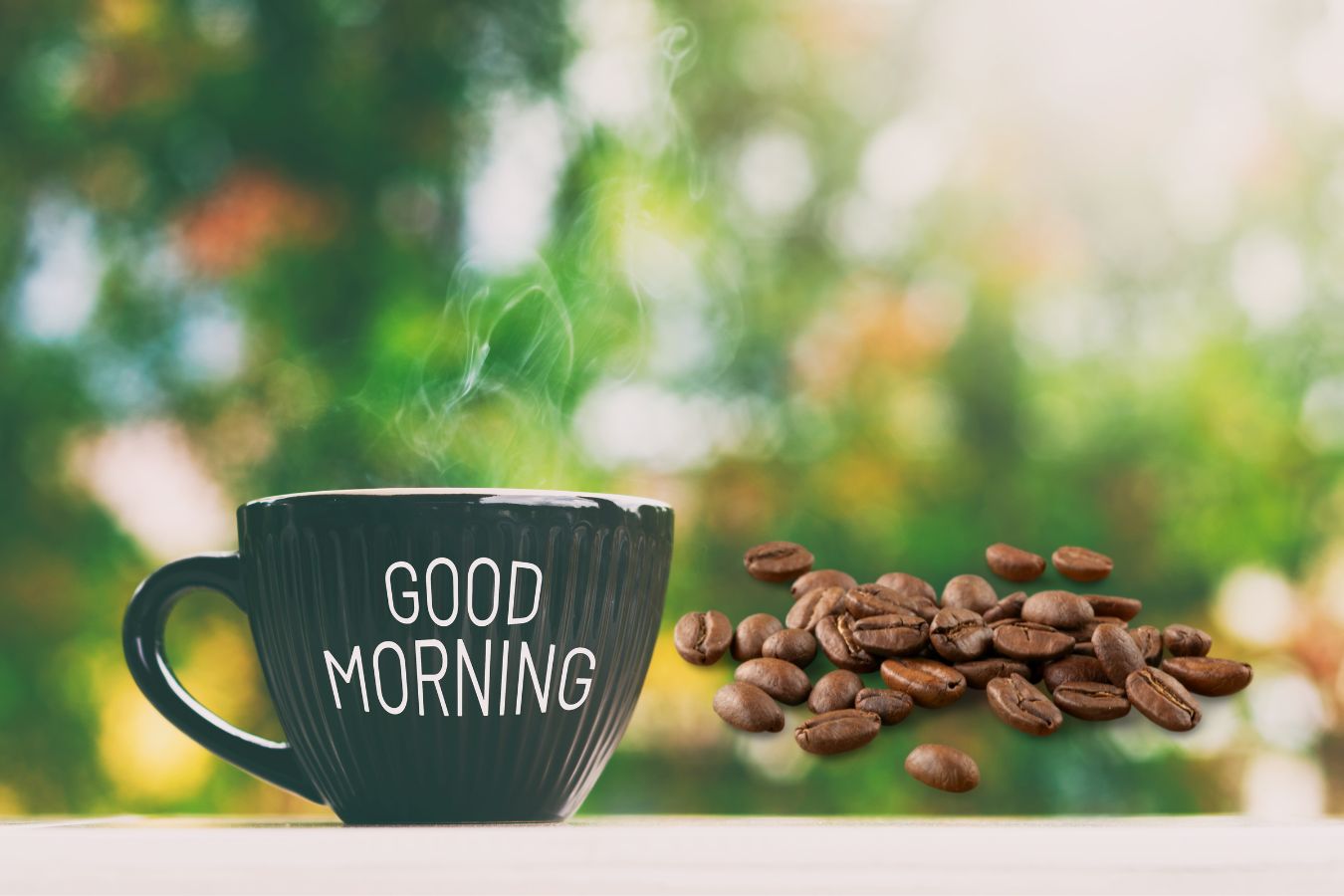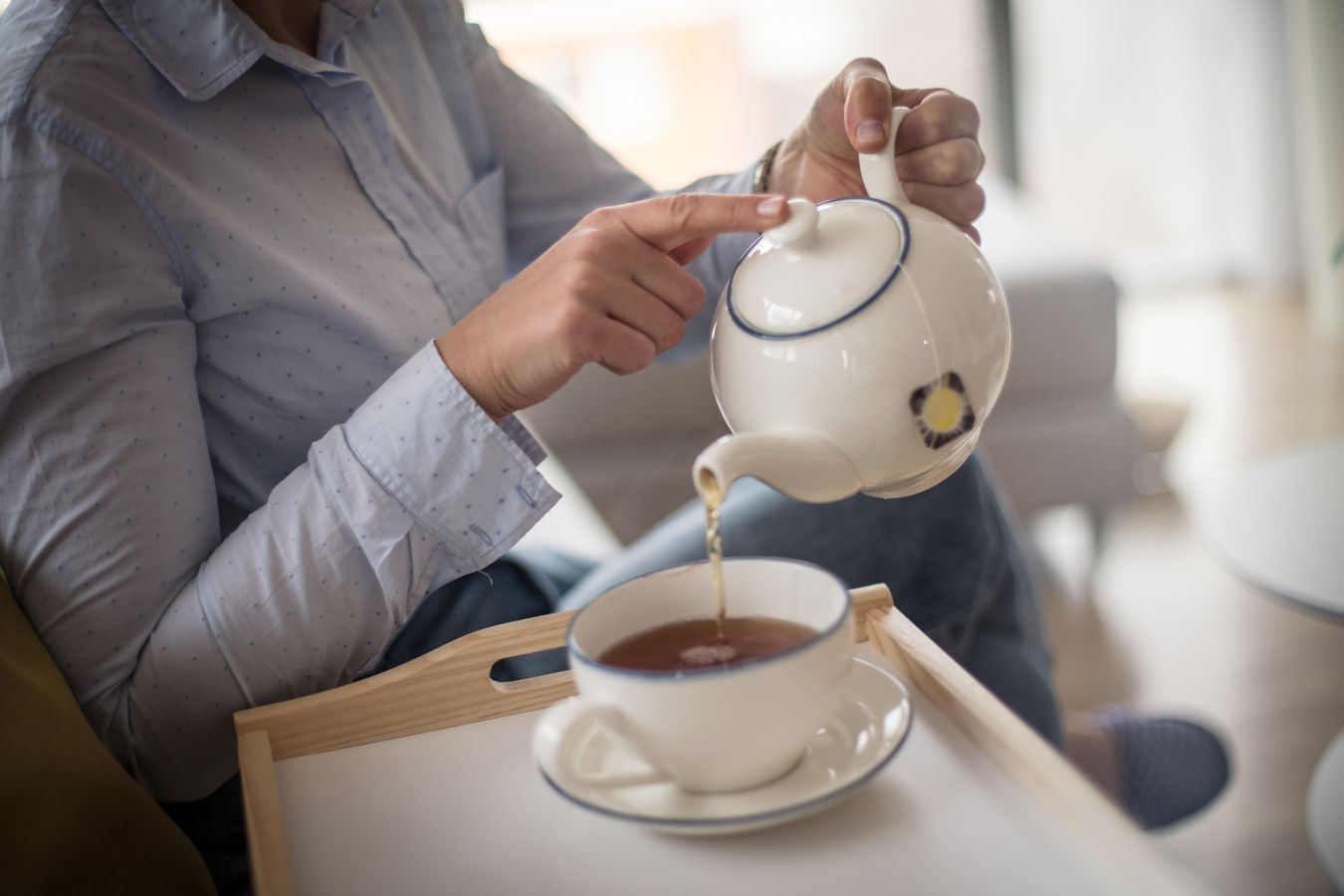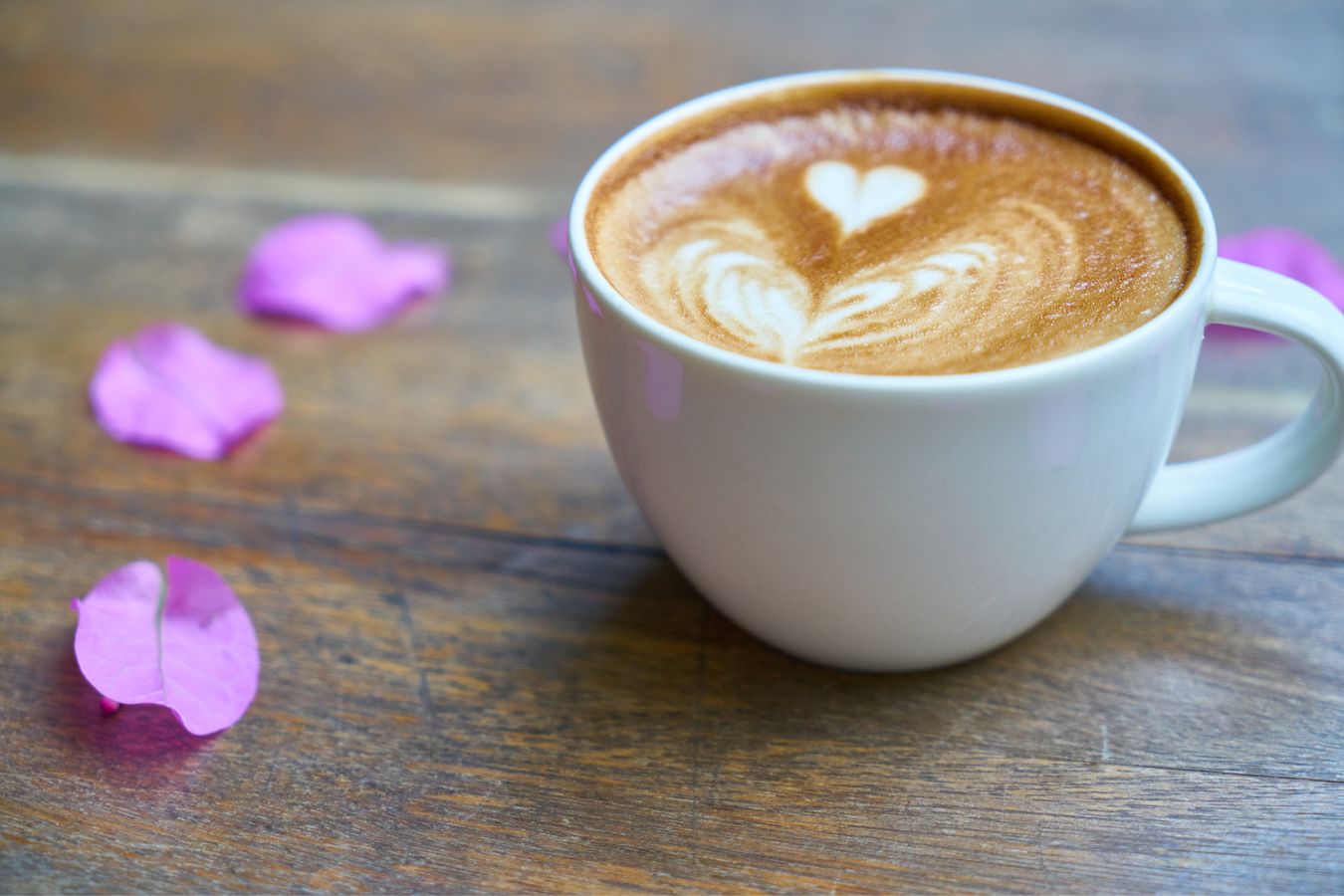
When I first started learning about coffee and specialized coffee, I had the same question. Good coffee must be smoky, black, bitter, and even blended with excellent shiny butter for people who adhere to Vietnamese traditions. Those who do not frequently consume this beverage must have good coffee. And a large amount of sugar and milk. Vv As for me, and most likely for you, good coffee is my favorite, simple as that.
How do I feel about coffee? I used to drink standard milk coffee but converted it to a Saigon-style black shake, which I added to my G7 list. My taste had altered until I learned about Specialty Coffee and the SCA criteria. You could believe I’m changing my preferences to keep up with the times, but I’m changing my tastes because I’ve become more educated. Scientific studies and a love of this drink on many levels are behind a balanced cup of coffee, which I shall address in later posts.

Although it is simple to find information on the Golden Cup, I will quote it here:
“Coffee must have a strength of between 11.5 and 13.5 grams per liter, as determined by Total Dissolved Solids (TDS), which equates to 1.15 to 1.35 “percent” on Table 1. SCA extraction control chart, resulting in 18 to 22 percent solute extraction yield*,” says SCA (translated)
Isn’t that a little too academic? I had to re-read it several times before I could put what I had just read in the past.
I’m joking, but the figures above are essential to note if you want to delve more into the recipe. To simplify things, a good cup of coffee should reflect the balance and character of the beans used, regardless of how it’s brewed. The drinker will fully experience the essential flavors of bitter, sour, sweet, and characteristic scents when drinking that cup. A well-balanced cup of coffee should neither be highly bitter, bad, or sweet (which never happens) nor should it leave you with no sense of the coffee’s aroma.
Furthermore, there are other circumstances and aspects that (theoretically) contribute to a good cup of coffee, including water quality, roasting quality, coffee freshness, etc. Although it is not concise, I believe each individual should gather for himself.
Those are some of the observations I made and my definition of a good cup of coffee. My preferences have continued to shift over time simply because I want to learn new things. Isn’t it true that if I limit myself to just one thing, I won’t be able to sample all of the authentic delicacies? 😉 There are far too many exciting things in life, and coffee is no exception. What makes you think a cup of coffee is enjoyable?
If you ask random people, “How do you know if a cup of coffee is good?” Each person will give you a different answer. Not only because there are so many different varieties, origins, methods of farming, harvesting, roasting, brewing methods, and, most importantly, ways of serving coffee, but also because what constitutes a “good coffee” is really all about perception and individual preferences.
For example, one of my friends, Harold, is unable to distinguish between different coffee flavors. All coffee tastes the same to him. That could be because he hasn’t had much practice or training in coffee tasting. To him, a good cup of coffee is simply a hot beverage, which could be tea, hot water, or coffee.

It’s critical to understand that not all cups of coffee are created equal. A lot goes into making the perfect cup, but it all comes down to personal preference in the end. Here are a few things that need to come together for the perfect result, as shared by our Cafe Virtuoso friends.
Quality
When it comes to coffee, quality is unquestionably the most important factor. If you want a tasty brew, you must begin with high-quality beans. Specialty coffee is defined as having the highest level of quality.
Specialty coffees are distinguished by the fact that they are grown in ideal climates around the world with varying types of soil compositions and have few to no defects, resulting in distinct flavors and special characteristics.
Freshness
Buying from a local roaster ensures freshness because it was most likely roasted within the last few days or weeks.
Exposing coffee to oxygen begins the degradation process, resulting in a loss of flavor and freshness. Eating it fresh is best to get the most out of the delicious flavor.
Roasting
There is no universal method for igniting beans or determining roast strengths (light to dark). However, beans are typically roasted at temperatures ranging from 180 to 250 degrees Celsius for 2 to 25 minutes.
It can take years of experience to understand coffee’s variety and unique characteristics well enough to roast it, emphasizing rather than dismissing the distinct flavor profiles.
Brewing
Brewing methods are also important for extracting the best flavors from the beans. Consider the brewing ratio, which determines how strong your coffee will be. In terms of flavor, researchers have discovered that espresso has some of the richest flavor and creamiest texture, owing to a layer of emulsified oils that create a homogenized foam over the liquid. These oils are likely to be reduced in drip coffee due to paper filters, but may remain (though not in homogenized foam form) in boiled or steeped coffees.
There are hundreds of different brewing methods, each with its own set of variables. The Chemex, Aeropress, and Press Pot are a few of our favorites.